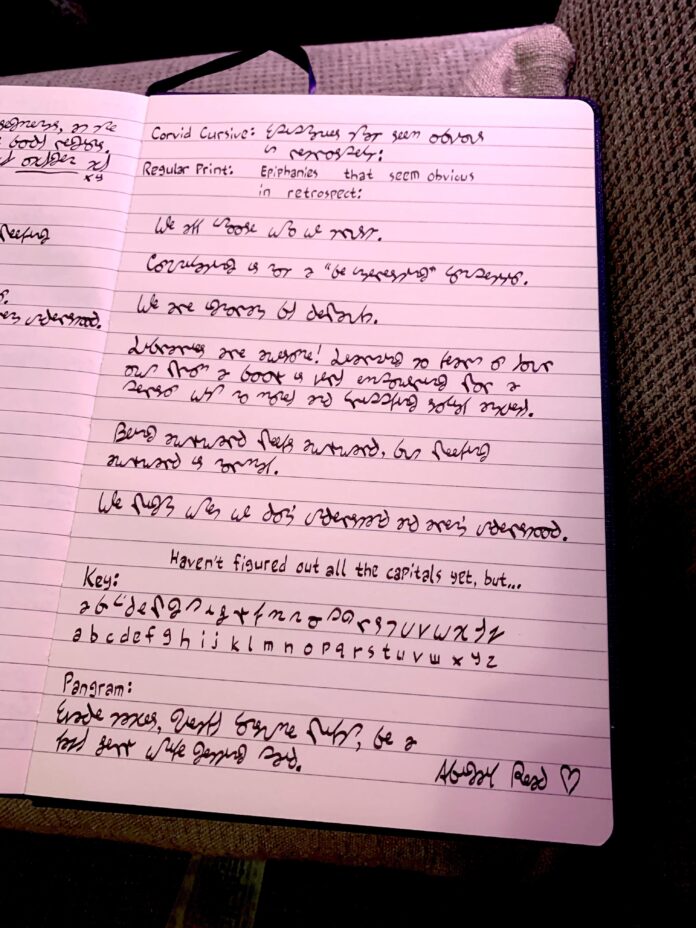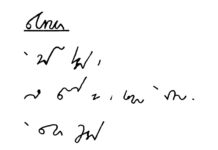
In today’s fast-paced world, effective communication is essential. Whether it is taking notes, conducting interviews, or transcribing meetings, being able to capture information accurately and efficiently can make a significant difference in productivity. While digital tools have taken over most aspects of communication, there is still one skill that continues to maintain its relevance – Gregg Shorthand.
Gregg Shorthand is a system of abbreviated writing developed by John Robert Gregg in 1888. Its primary purpose was to increase writing speed while maintaining accuracy. Unlike other shorthand systems, Gregg Shorthand relies on phonetics rather than traditional spelling. This unique approach offers countless benefits, making it an extraordinary skill to possess.
First and foremost, the ability to write in Gregg Shorthand unlocks impressive speed. With traditional writing methods, the average person can jot down about 20-30 words per minute. However, those skilled in Gregg Shorthand can reach speeds of up to 200 words per minute. This substantial increase in writing speed can revolutionize note-taking, especially during meetings or lectures where information is being conveyed rapidly. People who have mastered Gregg Shorthand can capture information in real-time, saving valuable time and minimizing the risk of missing crucial details.
Moreover, Gregg Shorthand’s phonetic-based system eliminates the need for complicated spellings and multiple strokes required in traditional writing. Each sound in the English language corresponds to a specific symbol or stroke. This simplification allows writers to focus on the content rather than worrying about spelling or grammar. As a result, the entire writing process becomes more streamlined and efficient, enabling individuals to concentrate on capturing the essence of the information.
Additionally, Gregg Shorthand promotes better recall and comprehension. Research has shown that the act of handwriting helps with memory retention. By using Gregg Shorthand, individuals engage their mind on a deeper level, making it more likely they will remember and comprehend the information they are capturing. This is particularly beneficial for students, journalists, and anyone who deals with vast amounts of information on a regular basis. The ability to recall information accurately can give them a competitive edge in their respective fields.
The applications of Gregg Shorthand extend beyond personal productivity. Many transcriptionists and court reporters swear by its effectiveness in their profession. Transcribing audio recordings or live proceedings can be challenging and time-consuming. However, with Gregg Shorthand, professionals can significantly expedite the transcription process while maintaining accuracy. This not only saves time but also allows transcriptionists to handle a larger volume of work, increasing their earning potential.
Furthermore, Gregg Shorthand serves as a secret language. Due to its unique symbols and strokes, Gregg Shorthand can be difficult for untrained individuals to decipher. This makes it a useful tool for maintaining confidentiality or privacy. Whether it is recording personal thoughts, confidential business information, or private conversations, Gregg Shorthand provides an added layer of security against prying eyes.
In conclusion, Gregg Shorthand is an extraordinary skill that can elevate one’s communication abilities to new heights. Its speed, simplicity, and impact on memory retention make it a valuable asset in various professional fields. Whether you are a student striving for academic success or a professional looking to improve productivity, mastering Gregg Shorthand can give you a distinct advantage. Don’t settle for conventional methods of communication – break the code and unlock the extraordinary skill of Gregg Shorthand.


















